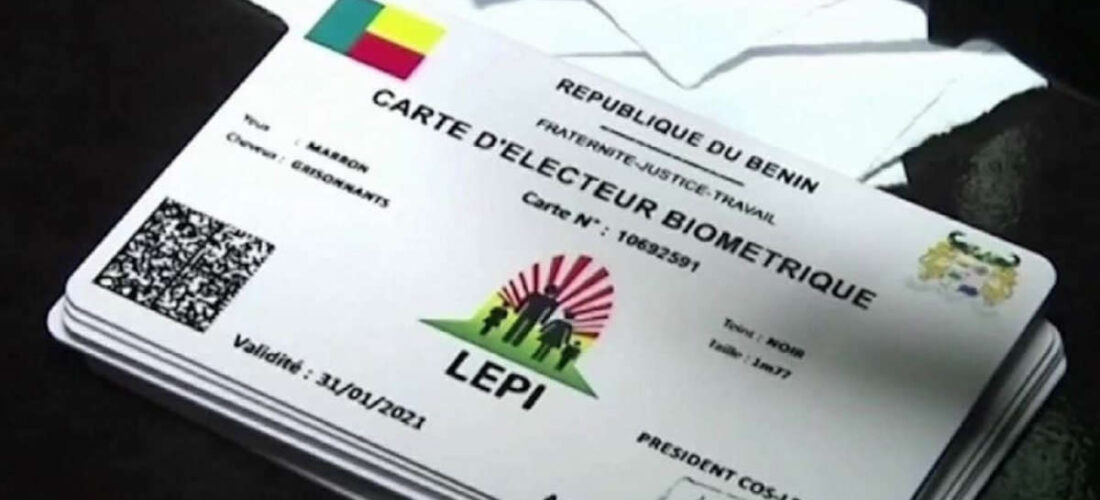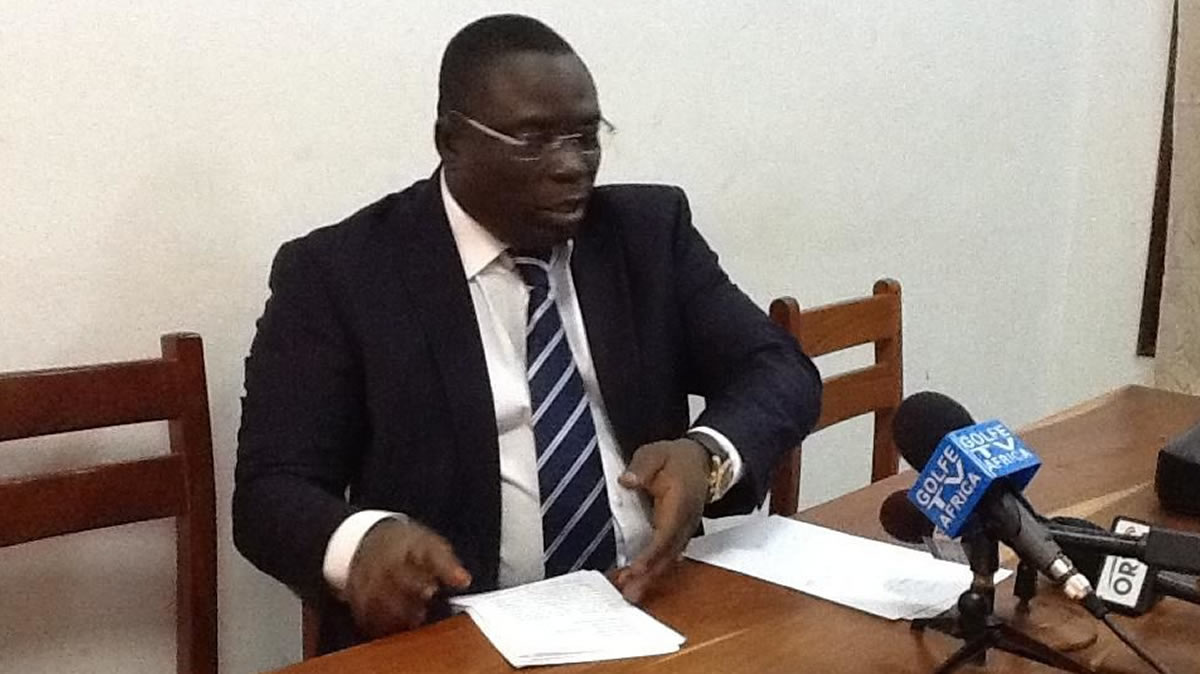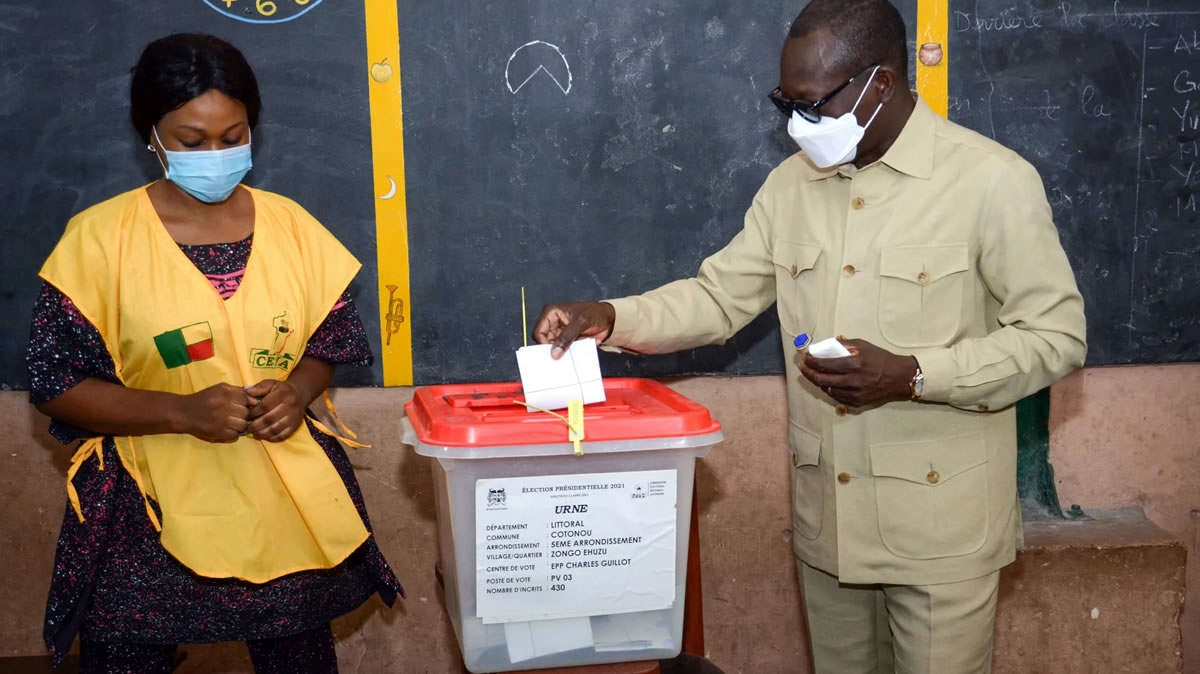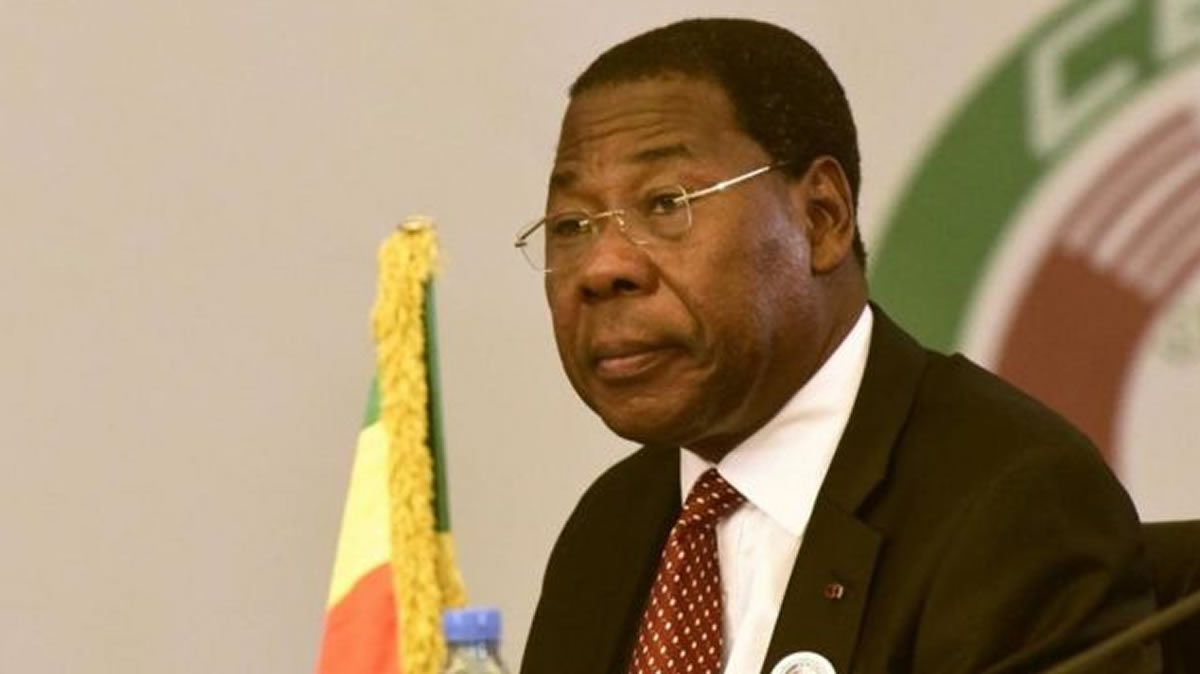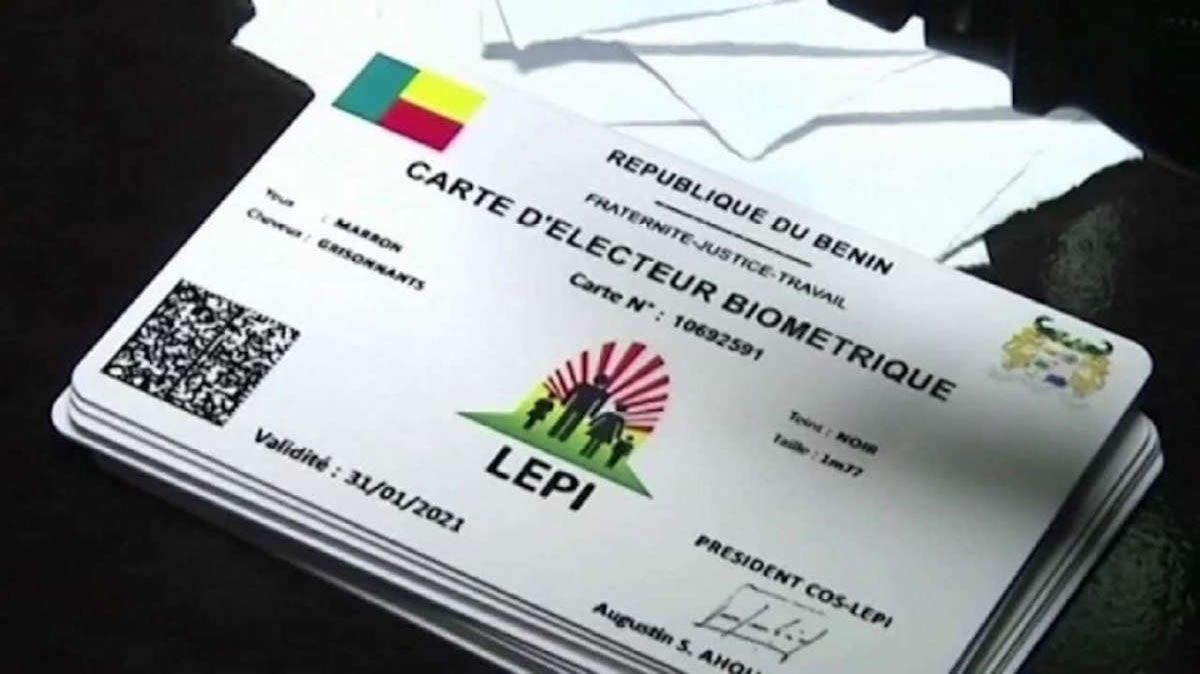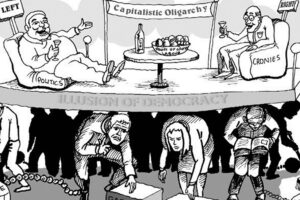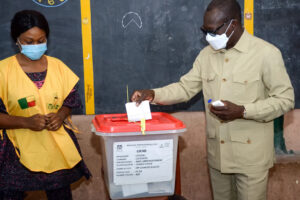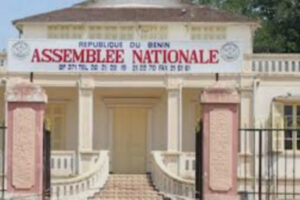Boni Yayi has finally won the battle
With the entire political arena, bracing itself for the next presidential elections due to take place in March 2011, LEPI act has become an important battleground where the opposition coalition and the ruling FCBE has fought each other to control the outcome of its examination in National Assembly. In end, it is the presidential camp, which has now been claiming victory, since Monday, May 04, 2009, when it was passed.
National Assembly passed LEPI draft law by a majority vote of 64 to 00 with 01 abstention. It is a derogative law on the implementation of a permanent computerized voters registry made up of 68 articles divided in 05 chapters.
The debates were punctilious. The vote was made possible after extended discussions during which sensitive issues have been pointed out and discussed. It is foremost the subject relating to litigation in light of Benin institutions’ past failures to resolve the post electoral disputes which have erupted recently and of other cases in which their deficiencies were glaring. Opposition MPs have referred to the cases of disputes, which are still pending as well as to those previously settled and that have all the times been in favor of the Government.
In this regard, the opposition MPs have proposed that the courts of first instance are entitled to deal with any litigious case arising from the LEPI implementation. However, the President of the Law Committee rejected this approach and preferred reference to be made to the Constitutional Court.
The examination of this of law has also revealed the contradictions, which are still weakening the opposition coalition of G4, G13 and Force Clé as, for this vote, each opposition party, acted in accordance with its individual interests. RB, which is the author of one of the proposed draft laws through MP Epiphane Quenum, could not contradict itself and voted for this law. PRD MPs apparently could not reach a consensus within its own ranks. Therefore, some of its members had to leave the chamber without voting.
Therefore, the malaise within the opposition coalition seems to be getting deeper and deeper and it is likely that its cohesion will be shattered before the presidential race scheduled to take place in March 2011. If this trend does not reverse, it will diminish considerably the chance of this opposition of seizing power after these elections.
LEPI act has become something inevitable as the most of previous elections held in Benin have been marked by post electoral disputes. Moreover, the next presidential elections have been raising a lot of apprehension due to the obsession of the entire political arena with it despite the fact that it is still two years ahead.



